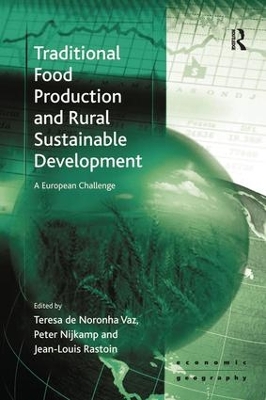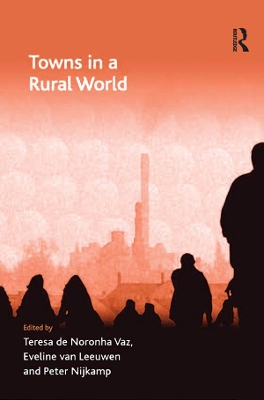Economic Geography
2 total works
Traditional Food Production and Rural Sustainable Development
by Teresa de Noronha Vaz and Professor Peter Nijkamp
Published 9 January 2009
The worldwide interest in sustainable development has not only prompted ecological developments in policy and research in key sectors such as industry or transportation, but also in the management and assessment of new lifestyles such as healthy food consumption and sustainable use of products. In this context, agriculture is an important example because of its dual nature as both a high-tech sector producing modern mass products and also a traditional sector producing environmentally-friendly goods. Illustrated by a range of case studies from across Europe, this volume examines the interface of agricultural - and sometimes rural - development and the social and economic feasibility of traditional modes of production and consumption. It provides an overview of the various strategies and policies concerning sustainable agriculture, presenting a critical review of the opportunities of traditional production modes, from local, regional, national and global perspectives.
Focusing on the strategic position of towns in rural development, this book explores how they act as hotspots for knowledge creation, diffusion for vital business life and innovation, and social networks and community bonds. By doing so, towns - even the smallest - can cope with processes of socio-economic decline and promote a geographically balanced income distribution and sustainable production structure. The contributors to this volume examine how to take advantage of the great potential offered by urban areas in the rural world to favour competitiveness and encourage economic activity. Taking a European perspective, the authors identify the main socio-economic advantages generated by urbanized population settlements that small and medium-sized rural towns can provide. Although much attention is currently focused on the efficient use of scarce natural resources and land, they argue that towns have an increasingly important economic and social role to play in rural areas.

